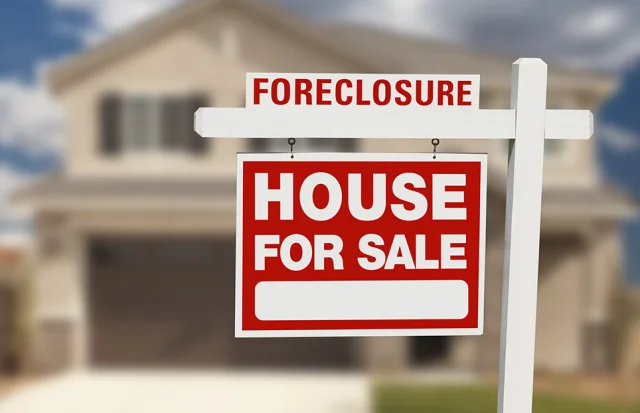
Where Will You Retire? This Might Help
The toughest part of Paul and Cathy Brustowicz’s decision to relocate from New Jersey to Summerville, South Carolina, was leaving behind their two grandchildren. The retirees also miss the theater and dinners in Manhattan.
A big advantage of South Carolina, though, is “more house for the money,” Paul Brustowicz said. The couple also had a few old friends who were already living there, and the warm weather is nice, though it, too, involves a tradeoff: high summer humidity and hurricane season. As for amenities, it’s a quick drive to Charleston for dinner, the airport, and the Medical University of South Carolina.
“Overall, it was the right move for us,” he said about the 2012 relocation.
South Carolina ranked a very respectable 14th in WalletHub’s 2021 report on the best and worst states to retire. New Jersey, on the other hand, is squarely in last place because of its steep cost of living.
Also at the bottom of the ranking are New York – another very high-cost state – and Mississippi, which is ranked as having a subpar health care system.
Wallet Hub’s 50-state rankings are based on three categories: affordability, quality of life, and health care. A chart displays each state’s ranking overall and in each category.
Florida, with its year-round sun, golf, and very large retiree community, came out on top. Housing is a relative bargain there, and taxes are low. The tradeoff is the state’s mediocre health care system.
After Florida comes Colorado, which gets high marks all around, and Delaware, which is an affordable retirement spot.
Components of the affordability category include the basic cost of living and the tax rate – try Montana for low taxes. Quality of life includes weather and an age-friendly community – Hawaii has the best quality of life. Health care takes the COVID-19 death rate into account, as well as the number of top-rated hospitals and medical professionals per capita. Minnesota, home of the Mayo Clinic, is strong in this category – and has the highest life expectancy.
Where are you thinking about relocating? See how the state stacks up.
Squared Away writer Kim Blanton invites you to follow us on Twitter @SquaredAwayBC. To stay current on our blog, please join our free email list. You’ll receive just one email each week – with links to the two new posts for that week – when you sign up here. This blog is supported by the Center for Retirement Research at Boston College.
Comments are closed.







Do you folks have historical data of where the states have ranked over the years? Would be interesting to see when these changes have taken place.
I was born in jersey and lived there for 50 years before moving to Delaware 10 years ago. VERY SAD!!!
Unfortunately, WalletHub tells me that its old reports on best and worst states to retire are no longer online.
Appreciate the question and hopefully I can answer the next one!
Does this organization not see the irony of the worst states to retire?
New York can’t be far from last. It is the one with the highest public employee pension costs, the highest state and local debts left over from prior generations, the highest Medicaid costs for those ages 65 and over, and the highest state and local tax burden, by far. Meanwhile the subway system current generations are leaving behind is in a spiral of deferred maintenance and debt.
And yes, I could document all of those things.
https://larrylittlefield.wordpress.com/2020/06/04/graphic-summary-2017-census-of-governments-data/
Meanwhile, the income of retired PUBLIC employees is fully exempt from New York State and New York City income taxes (yes we have a local income tax in addition to our property taxes).
Just compare the state and local tax burden (as a percent of state residents’ personal income) and service expectations of Massachusetts compared with NY. The NYC tax burden is close to 60.0% above the U.S. average, and going up as services are cut. Mass, meanwhile, is at the national average with regard to its tax burden. Its teacher pensions are only 50.0% funded according to the Census Bureau, and its teachers don’t get Social Security.
New York is public policy as you would want it — but perhaps wouldn’t want to pay for it. Just cash in and leave. You should be celebrating it.